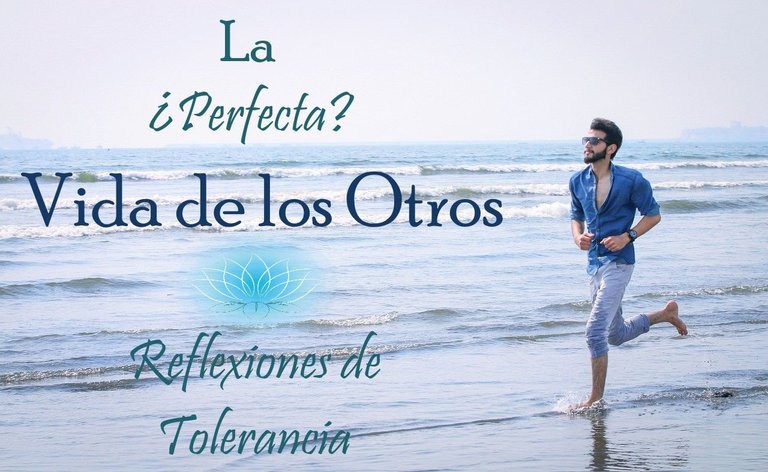

Escuchaba, con mucha inquietud, a uno de los influencers más seguidos de mi país, hablar sobre la perfección de vida que observamos en las redes sociales.
Personas que muestran familias increíblemente felices y armónicas en viajes de ensueño, interacciones sin ningún tipo de problemas y que atentan contra la realidad de todos los que queremos ser normales.
Muchos no tenemos vidas perfectas, y además, con la inmediatez con la que se generan las informaciones, cometemos errores delante de otros todo el tiempo, porque decimos lo que pensamos en el momento.
Más, esto está siendo atacado por todas partes y un error genera miles de críticas destructivas.
¿Cómo hacer para que el respeto, como valor, se imponga?
¿Qué podemos hacer para que exista un nivel de tolerancia y de respeto ante todas las personas que, definitivamente, no somos perfectas?

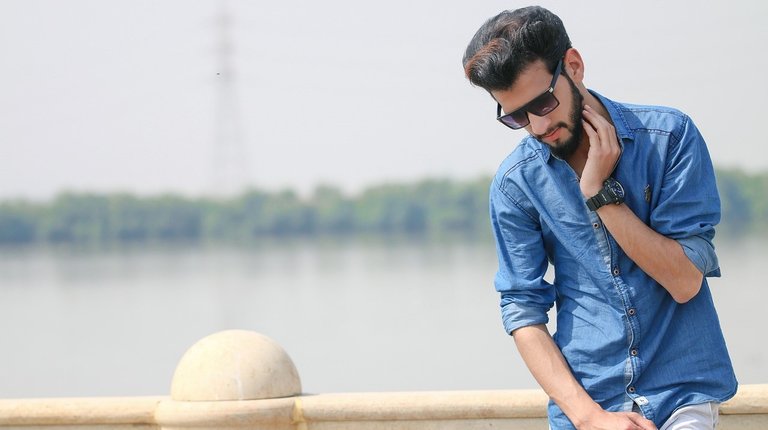
Un valor que se va formando poco a poco
El respeto es un valor primordial para interconectarse con otras personas, y de hecho, se define como el valor que permite reconocer, apreciar, aceptar, entender y valorar, las cualidades de otras personas.
Pero no solo eso, sino los derechos y la perspectiva de vida que tenga.
Nos permite reconocer el valor social y humano de otros individuos; lo que es algo que hemos estado perdiendo.
¿Qué podemos hacer para que se vuelva a instaurar, como un valor necesario, para podernos relacionar con los demás en forma saludable?
Solo veo la posibilidad de hacerlo desde la educación de aquellos que están creciendo.
Porque este valor se va creando en forma progresiva, y no en una sola de las áreas, sino en todas las áreas de la vida, por lo que, debe haber pautas para educar en este valor a los hijos.
Y es la única solución, pues, mucha gente que no tiene niveles de respeto lo va a ir adquiriendo a fuerza de golpes, no de un modo en que este forme parte natural de su vida.
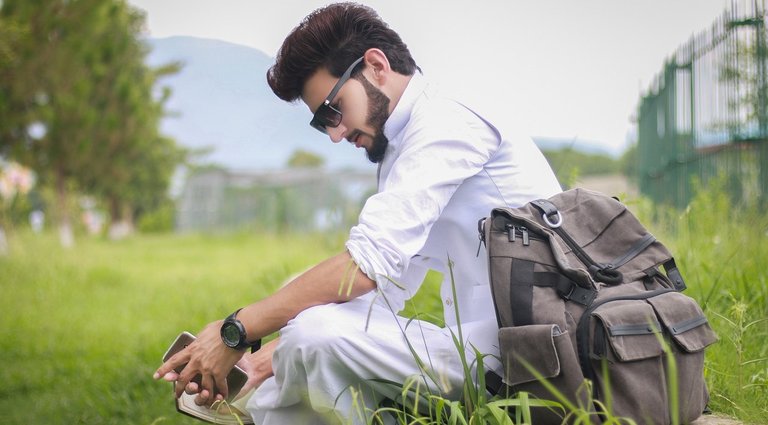
Las redes no muestran verdades absolutas…
El caso que discutíamos en la introducción, sobre la intolerancia que se está generando en las redes y el castigo ante las cosas que no son perfectas, es tal vez, la razón principal por la que estamos haciendo esta reflexión acerca del respeto, del educar en el valor del respeto.
Existe la tendencia de no ver como posible, la equivocación ante un comentario o una publicación, o ante una respuesta basada en una perspectiva que es propia; y se generan ataques masivos, respuestas brutales, acosos que desencadenan un sinfín de comentarios oscuros y destructivos hacia un ser humano.
Nos olvidamos lo humano que hay detrás de ese comentario, porque todos tenemos días buenos y días malos, y todos tenemos perspectivas que pueden ser criticadas.
Y porque, sencillamente, errar es humano y nos enseña a buscar el camino o a redirigirnos hacia el lado correcto.
Ese es el significado de fracasar o de errar en un momento determinado, no quedarnos en el error cometido, sino aprender de él.

Educar es la salvación
Ante situaciones ilógicas, cuando olvidamos ponernos en el lugar del otro -o al menos intentar entender la posición del otro-, solo la educación queda como única salida.
Educando a aquellos que se están conformando como seres humanos empáticos, aprovechando nuestra autoridad como adultos y siendo ejemplo ante ellos, tratándolos con amabilidad para que se comporten de esa manera.
Pautas tan, aparentemente insignificantes, como enseñarles a no interrumpir, a tener paciencia, no dándole todo lo que piden en el momento en el que lo piden; imponerles límites que enseñen sobre autocontrol y responsabilidad.
Señalar normas de autocuidado, entender que toda decisión o incumplimiento de normas tiene una consecuencia; ayuda a que el niño vaya entendiendo que existen otras vidas y circunstancias que, también, debe tomar en cuenta.
Creo que la descalificación a otros proviene de la crítica y descalificación que los adultos le hacemos a los hijos, les enseñamos a hacer esto.
Al igual que les enseñamos a expresar emociones oscuras ante las reacciones de los demás.
Por eso, también debemos validar las emociones de ellos y mostrárselas como una respuesta normal, enseñándoles con esto, a que aprendan a manejar sus propias emociones.
A la larga, les enseñará a manejar la frustración y a comprender que existen cosas que se salen de nuestras manos y de nuestro control, pero que son, que están.
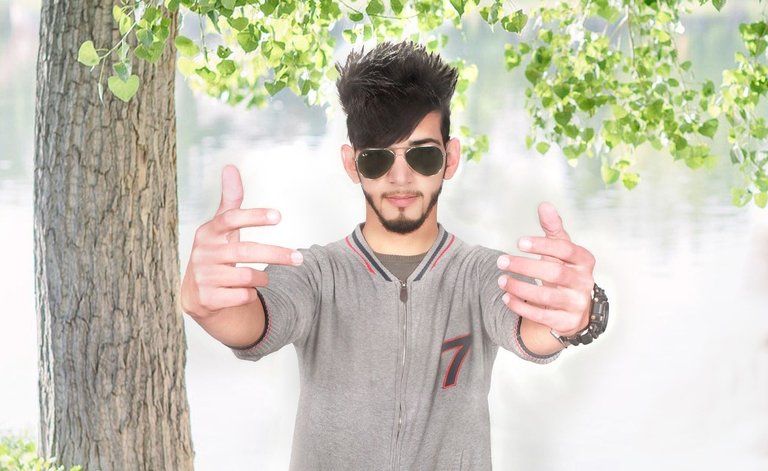
Respeto a lo diverso
En mi último post hablé de las habilidades del ser humano, y un tipo de ellas, las habilidades transferibles, se van aprendiendo de otros.
La UNICEF o El Fondo de las Naciones Unidas para la Infancia, en sus planes propuestos para generar respeto a la diversidad, ha señalado el Plan 12 de aprender para transformar, que se fundamenta en un trabajo hacia la adolescencia y hacia el joven, para que estos muchachos sean flexibles y grandes agentes del cambio.
Aprender a entender la diversidad y a respetarla, es entender que muchas personas participan activamente en un mundo ético común y que, dada la condición humana, deben ser respetadas y toleradas con comprensión.
Lo que facilitará controlar el miedo hacia lo diferente.
Pero les dará a los niños y jóvenes la habilidad de mirar, en forma crítica, la realidad y de aceptarla, tomando acciones de crecimiento hacia la sociedad.
De nosotros depende hacer que estas vidas que vemos en las redes, increíblemente perfectas, sean vistas como momentos en la existencia de los demás, no como el patrón bajo el cual tiene que actuar un ser humano.


Perfect Lives? -Studying the undeniable value of Respect- Reflections on Tolerance
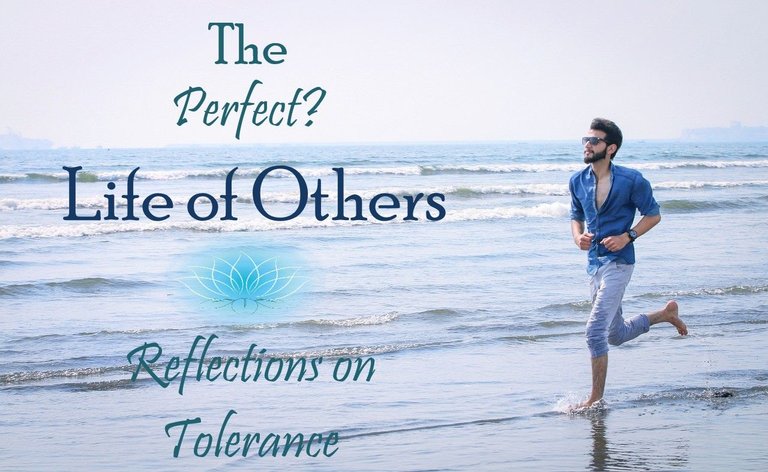

I was listening, with great concern, to one of the most followed influencers in my country, talking about the perfection of life that we observe in social networks.
People who show incredibly happy and harmonious families on dream trips, interactions without any kind of problems and that go against the reality of all of us who want to be normal.
Many of us do not have perfect lives, and besides, with the immediacy with which information is generated, we make mistakes in front of others all the time, because we say what we think in the moment.
Moreover, this is being attacked everywhere and one mistake generates thousands of destructive criticisms.
How can we make respect, as a value, prevail?
What can we do so that there is a level of tolerance and respect for all people who are definitely not perfect?


A value that is formed little by little
Respect is a primordial value to interconnect with other people, and in fact, it is defined as the value that allows us to recognize, appreciate, accept, understand and value the qualities of other people.
But not only that, but the rights and the perspective of life that you have.
It allows us to recognize the social and human value of other individuals; which is something we have been losing.
What can we do to reinstate it as a necessary value to be able to relate to others in a healthy way?
I only see the possibility of doing it from the education of those who are growing up.
Because this value is created progressively, and not in only one area, but in all areas of life, so there must be guidelines to educate children in this value.
And it is the only solution, because many people who do not have levels of respect will acquire it by force of blows, not in a way that this is a natural part of their life.

Networks do not show absolute truths...
The case we discussed in the introduction, about the intolerance that is being generated in the networks and the punishment of things that are not perfect, is perhaps the main reason why we are making this reflection about respect, about educating in the value of respect.
There is a tendency to not see as possible, the mistake before a comment or a publication, or before a response based on a perspective that is one's own; and massive attacks are generated, brutal responses, harassment that trigger an endless number of dark and destructive comments towards a human being.
We forget the human behind that comment, because we all have good days and bad days, and we all have perspectives that can be criticized.
And because, quite simply, to err is human and teaches us to look for the way or to redirect ourselves to the right side.
That is the meaning of failing or erring at a given moment, not to dwell on the mistake made, but to learn from it.

Education is salvation
In the face of illogical situations, when we forget to put ourselves in the other's place -or at least try to understand the other's position-, education is the only way out.
Educating those who are being shaped as empathetic human beings, taking advantage of our authority as adults and being an example to them, treating them with kindness so that they behave in that way.
Such seemingly insignificant guidelines as teaching them not to interrupt, to be patient, not giving them everything they ask for at the moment they ask for it; imposing limits that teach them about self-control and responsibility.
Point out self-care rules, understand that every decision or non-compliance with rules has a consequence; it helps the child to understand that there are other lives and circumstances that must also be taken into account.
I believe that the disqualification of others comes from the criticism and disqualification that adults make to their children; we teach them to do this.
Just as we teach them to express dark emotions at the reactions of others.
Therefore, we must also validate their emotions and show them as a normal response, thereby teaching them to learn to manage their own emotions.
In the long run, it will teach them to handle frustration and to understand that there are things that are out of our hands and out of our control, but they are, they are there.

Respect for diversity
In my last post I talked about the skills of human beings, and one type of them, transferable skills, are learned from others.
UNICEF or the United Nations Children's Fund, in its proposed plans to generate respect for diversity, has pointed out Plan 12 of learning to transform, which is based on working with adolescents and young people, so that these young people become flexible and great agents of change.
Learning to understand and respect diversity is to understand that many people actively participate in a common ethical world and that, given the human condition, they must be respected and tolerated with understanding.
This will make it easier to control the fear of what is different.
But it will give children and young people the ability to look critically at reality and to accept it, taking actions of growth towards society.
It is up to us to make these lives we see on the networks, incredibly perfect, to be seen as moments in the existence of others, not as the pattern under which a human being has to act.

Emilio Ríos – Venezuela
@emiliorios


Barras separadoras y logo de English, creadas y editadas en Paint.
Separator bars and English logo, created and edited in Paint.Cintillo personalizado de @emiliorios con el logo de #Hive, realizado por la excelente creadora @mosa71
Custom @emiliorios banner with the #Hive logo, made by the excellent content creator @mosa71Logo de Twitter tomado de la plataforma de la red social.
Twitter logo taken from the social network platform.Imagen de agradecimiento, tomando el logo de nuestra comunidad y editada en Paint, de:
Thank you image, taking our community logo and edited in Paint, by:
Pixabay-Clker-Free-Vector-Images
- Logo de la comunidad utilizado en las imágenes, de:
Community logo used in the images, from:
Pixabay-Truthseeker08
- Si lo deseas, puedes seguirnos en:
If you wish, you can follow us at:






